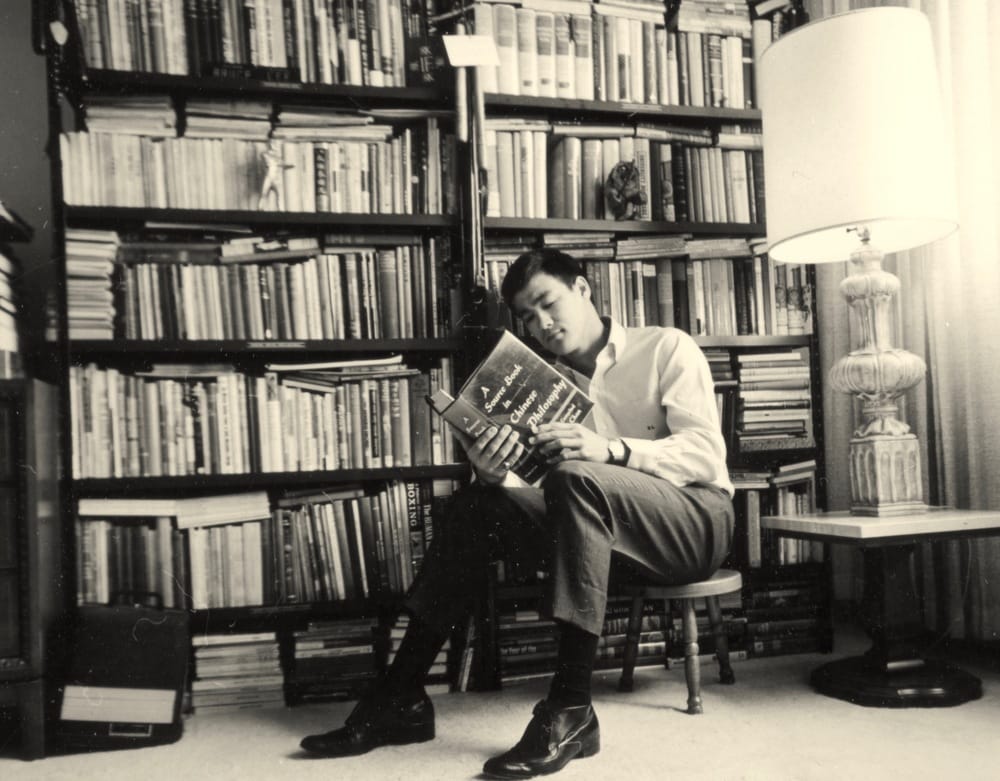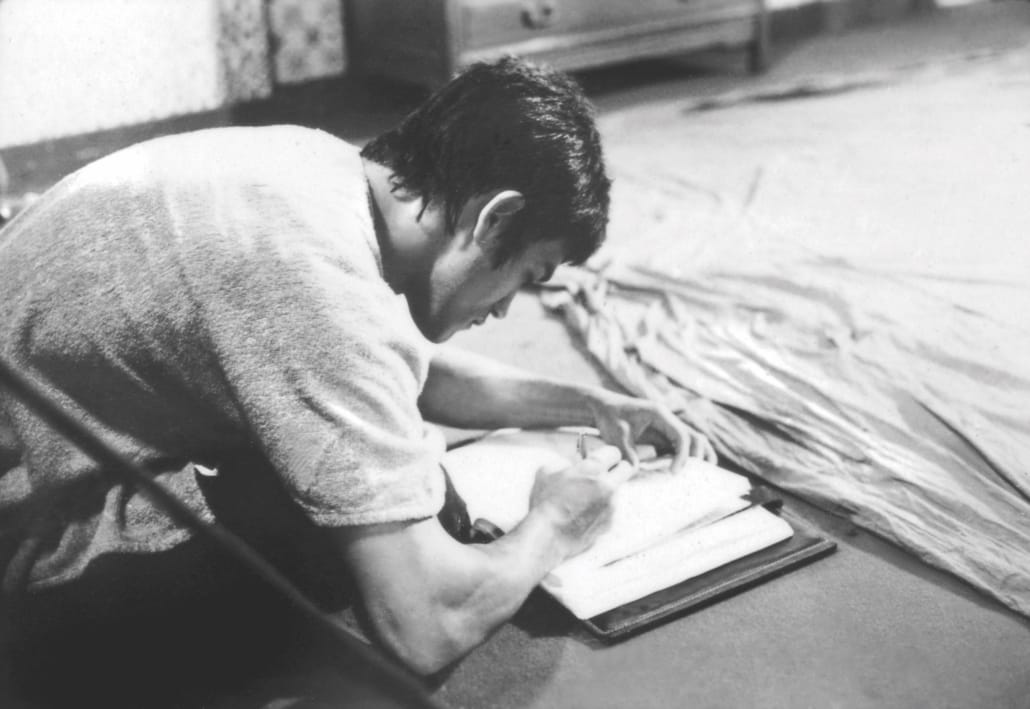Lessons from the Dragon

Why I studied Bruce's journey
Bruce Lee wasn't only an actor and accomplished martial artist; he was a philosopher and tremendously deep thinker. I remember seeing his movements, the speed, and the crisp attention to detail ...and then I remembered reading the profound thoughts behind them as he chased innovation, challenging dogmas that shackled the narrow thinking common in the martial arts.
What I found from that study
In his personal library (see link below), Lee read over a thousand books on various subject matter. He didn't just study his own art of Wing Chun. He didn't stop at other martial arts either. He would read about philosophy, sales, psychology, and human biology. No stone was left unturned in his legendary quest for knowledge.

Syntopic Reading
It was through tracing his library, I learned about Syntopic Reading, from a book literally called, "How to Read a Book" (title aside, it's actually very good!). This style of reading emphasizes broad reading across a subject matter, focused on synthesis rather than analysis. It involves reading across the cosmos of a subject matter and even outside to synthesize new ideas. Lee's library wasn't just for show; his books included countless scribbling of notes, his insights and reactions.

The Emergence of Jeet Kune Do

Through a combination of study, deep reflection, and experience, deep insights would emerge. He transcended to confines of his own style, Wing Chun, and developed his own martial art, Jeet Kune Do, which broke down the limiting beliefs that tragically silo'd people's thoughts on combat. He didn't just leave his mark through his impressive feats; he wrote deeply about his thought process and how important it was to think as an artist just as much as a fighter.
There's a lot of controversy over JKD. You really can't study it as a system like Tae Kwon Do or Karate. It's personal to each person, but the essence is really the process by which one attain's greater depth as a martial artist: deep philosophy, studying other disciplines, and the deep, creative, invisible power that dwells in every human being.
You get pieces here and there, but it's a never ending journey. You can only go deeper into a bottomless abyss of infinite insight.
Bruce's Great Quotes
"The conscious mind is the greatest hindrance to thyself"
"The individual is more important than any style or system"
"Don't think...FEEL"
"You need...emotional content"
Honestly expressing yourself...it is very difficult to do. I mean it is easy for me to put on a show and be cocky and be flooded with a cocky feeling and then feel like pretty cool...or I can make all kind of phony things, you see what I mean, blinded by it or I can show you some really fancy movement. But to express oneself honestly, not lying to oneself...now that, my friend, is very hard to do.
What I Gleaned From Bruce
He knew the difference between essence and form.
He saw that a punch could be so much more than just a tight fist moving.
He perceived how a thought, an intention, and an emotion could make a single movement stronger, more fluid, and imperceptibly fast.
He challenged the idea of speed so much that he transcended it, focusing later on timing.
He immortalized himself by becoming a legend.
And he saw the subtle, but great power in weaponizing a concept.
All to realize that "no way was the way" and how deep insights could be intuited from the infinite silence of empty space.

